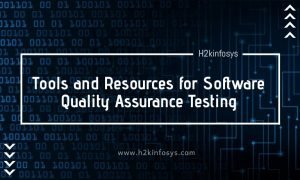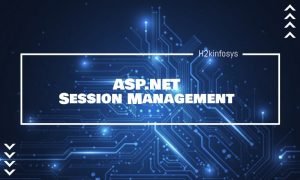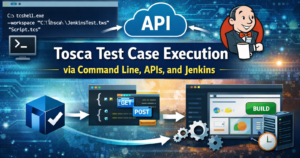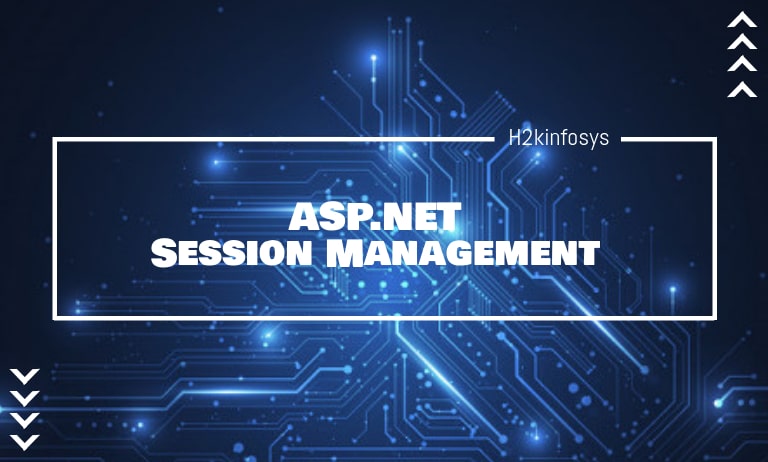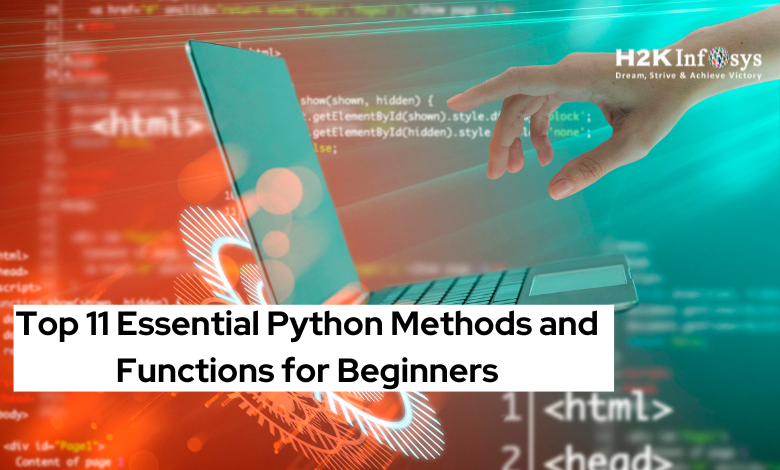In the ever-evolving world of cloud computing, serverless architectures are gaining traction due to their scalability, cost-effectiveness, and ease of deployment. One of the leading serverless computing solutions is Azure Function, a cloud service designed to simplify event-driven applications. If you’re preparing for a role involving Azure Functions, this guide will cover everything you need to know to succeed, including key concepts, skills, and best practices.
Understanding Azure Functions
What Are Azure Functions?
Azure Functions is a serverless computing service that allows developers to run event-triggered code without managing infrastructure. It supports various programming languages and can be used to automate tasks, integrate systems, and build APIs. The platform provides automatic scaling, meaning you only pay for the compute resources you consume.
Key Features of Azure Functions
- Event-Driven Architecture: Azure Functions respond to events from various sources, such as HTTP requests, database changes, or timers.
- Scalability: The service automatically scales based on the number of incoming events, ensuring high availability and performance.
- Cost-Efficiency: With a consumption-based pricing model, you only pay for the execution time and resources used.
- Integration with Other Services: Azure Functions can easily integrate with other Azure services, such as storage, databases, and messaging systems.
Types of Azure Functions
There are several types of Azure Functions, each designed for specific use cases:
- HTTP Trigger: Responds to HTTP requests.
- Timer Trigger: Executes code on a schedule.
- Blob Trigger: Monitors Azure Blob Storage for changes.
- Queue Trigger: Processes messages from Azure Queue Storage.
Key Concepts and Terminology
Azure Function Apps
An Azure Function App is a container for one or more functions. It provides a shared context, including configuration settings, access keys, and runtime versions. Function Apps are deployed as part of a Resource Group in Azure, allowing for easy management and scaling.
Bindings and Triggers
Bindings and triggers are crucial components of Azure Functions. Triggers initiate the execution of a function, while Bindings provide a way to interact with other services, such as storage accounts or databases, without writing extensive boilerplate code.
Durable Functions
Durable Functions extend Azure Functions by adding state management capabilities, enabling complex workflows and long-running processes. They are ideal for scenarios requiring coordination across multiple function executions, such as human approval workflows or data aggregation.
Essential Skills for an Azure Functions Role
Programming Languages
Azure Functions supports various programming languages, including C#, JavaScript, Python, Java, and PowerShell. Proficiency in at least one of these languages is essential. Knowledge of C# is particularly valuable due to its strong integration with the Azure ecosystem.
Cloud Computing Fundamentals
Understanding cloud computing concepts, such as virtualization, networking, and security, is crucial for working with Azure Functions. Familiarity with the Azure portal and basic cloud services, such as virtual machines and storage accounts, will provide a solid foundation.
Serverless Architecture Principles
A good grasp of serverless architecture principles, such as event-driven design, microservices, and statelessness, is essential. Knowing when and how to use serverless solutions effectively will help you design scalable and maintainable applications.
Azure Functions Development and Deployment
Experience with developing and deploying Azure Function Apps is critical. This includes creating and configuring Function Apps, setting up triggers and bindings, and managing application settings. Familiarity with deployment pipelines and CI/CD practices is also beneficial.
Best Practices for Working with Azure Functions
Security and Access Control
Securing your Azure Function Apps is paramount. Use authentication and authorization mechanisms, such as Azure Active Directory (AAD) and managed identities, to control access to your functions and resources. Ensure sensitive information is stored securely using Azure Key Vault.
Monitoring and Logging
Monitoring and logging are essential for maintaining the health and performance of your Function Apps. Use Azure Monitor, Application Insights, and custom logging to track metrics, diagnose issues, and gain insights into application behavior.
Scalability and Performance Optimization
Optimizing the scalability and performance of your Azure Function Apps involves several strategies:
- Cold Start Optimization: Minimize the impact of cold starts by using pre-warmed instances or premium plans.
- Efficient Code: Write efficient, low-latency code to reduce execution time and costs.
- Concurrency Management: Use function scale settings to control concurrency and prevent resource exhaustion.
Cost Management
Managing costs is critical in a serverless environment. Monitor your consumption and set up budgets and alerts to prevent unexpected expenses. Consider using reserved capacity plans or Azure Spot instances to reduce costs further.
Common Use Cases for Azure Functions
API Development
Azure Functions can be used to build scalable APIs that respond to HTTP requests. They are ideal for creating lightweight endpoints for data retrieval, processing, and integration with other services.
Data Processing
Functions can automate data processing tasks, such as transforming and aggregating data from various sources. They are commonly used for ETL (Extract, Transform, Load) processes in data engineering workflows.
Automation and Integration
Azure Functions are often employed for automation tasks, such as sending notifications, generating reports, or syncing data between systems. Their ability to integrate with other Azure services and third-party APIs makes them a versatile tool for system integration.
Event-Driven Workflows
Durable Functions enable complex event-driven workflows, such as order processing, user onboarding, or approval processes. They manage the state and track the progress of workflows, ensuring reliability and consistency.
Preparing for an Azure Functions Interview
Key Interview Topics
- Azure Functions Fundamentals: Understand the core concepts, such as triggers, bindings, and function apps.
- Programming and Scripting: Demonstrate proficiency in a supported language and knowledge of scripting for automation.
- Cloud Services Integration: Show familiarity with integrating Azure Functions with other services, such as databases and messaging systems.
- Security Best Practices: Discuss strategies for securing Function Apps and managing sensitive data.
- Performance Optimization: Explain techniques for optimizing function performance and managing costs.
Sample Interview Questions
- How do Azure Functions handle scaling and concurrency?
- What are the differences between HTTP triggers and other types of triggers?
- How can you secure an Azure Function App using Azure Active Directory?
- Describe a scenario where you would use Durable Functions.
- How do you monitor and troubleshoot issues in Azure Functions?
Conclusion
Preparing for a role involving Azure Functions requires a solid understanding of serverless architecture, cloud computing, and the specific capabilities of Azure’s serverless offering. By mastering the key concepts, acquiring relevant skills, and following best practices, you can position yourself as a valuable asset in any organization leveraging Azure Functions. Whether you’re building APIs, automating tasks, or developing complex workflows, Azure Functions offers a flexible and powerful platform for event-driven development. Focus on continuous learning and hands-on experience to stay current with the latest features and trends in this rapidly evolving field.









